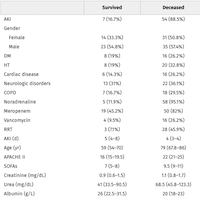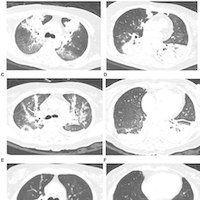When health professionals have empathy, patients aren’t the only ones who benefit
scopeblog.stanford.edu
What do doctors and religious leaders have in common? At least a couple of big things: individuals in both professions engage with people at some of the most critical moments in their lives and require a high degree of empathy to truly succeed in all of their endeavors. Last year, I worked with the Rev. Professor Jane Shaw, at the time Stanford’s Dean of Religious Life, to teach a new undergraduate course that digs deep into the shared space between medicine and empathy. In our “Literature, Medicine, and Empathy” seminar, Jane and I explored with our students questions about what empathy is, why it’s important, and why we in medicine so often fail to practice it. We used a range of scholarly works and novels from both medicine and literature to examine the critical questions of whether empathy genuinely leads to altruism, and what the latest studies in biology and neuroscience can teach us about how we relate to each other.














